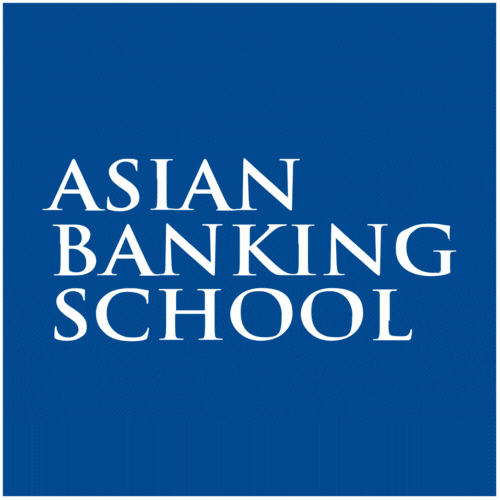Lance Ng is a FSA Credential Holder and consultant for sustainability and digitalization. In his early career, he was an analyst in JPMorgan and relationship manager in Citibank. He also spent two years as a broker and in-house trainer at Philips Securities where his stock analysis courses were accredited by SGX for the Continuous Education Programme (CEP) of trading representatives.
He has founded and led two marketing businesses which served financial institutions in their marketing and corporate communication needs. Prior to switching to the sustainability space, he was last employed as Vice President, Digital Services, in SGX where he was involved in leading content and data delivery projects, including an ESG ratings project.
He is now focused on sustainability reporting as a trainer and consultant, helping clients to create and deliver content and data effectively for their sustainability reporting needs.

